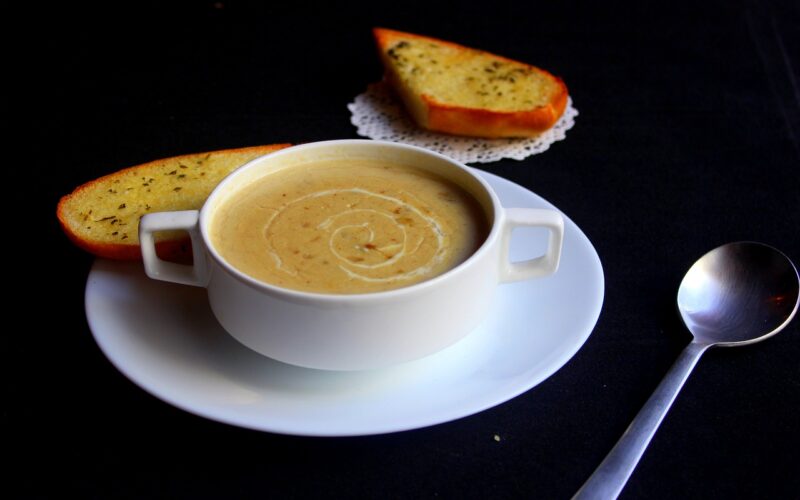Future health issues are often the reason a physician may insist a patient make changes in their eating or exercise habits. They may see a future of morbid obesity, Type II Diabetes, heart disease, or a possible stroke. High blood pressure can also present issues, and lack of nutrition can take away from a patient’s ability to process information. All of these are risks that may be helped with a lifestyle makeover. Some physicians may start their patients on an exercise program, but some will begin with a discussion about diet.
Sudden changes in life can leave a person feeling a loss, and this can stop the process of successful changes. They may experience cravings for the foods they love that feel overwhelming. Some patients may simply give up rather than do things differently. They may have the hope that future medical intervention will save them. It may be true, but it should not necessarily be something to hold as a hope.
Getting through the changes can take an iron will. For those with a less than enthusiastic response, finding ways to alleviate the disconnect from their old diet to their new diet may take some imaginative cooking or planning. They could substitute one or two old items for new ones while adding extra exercise to their normal routine.
Change may be a positive step, but even small changes can feel like a major loss at times. Learning new ways of life can become a stumbling block for some. Finding small ways to compromise may be the best way to get past the old habits they had and into their new way of life.















